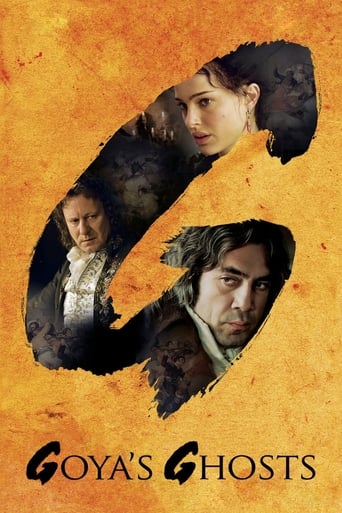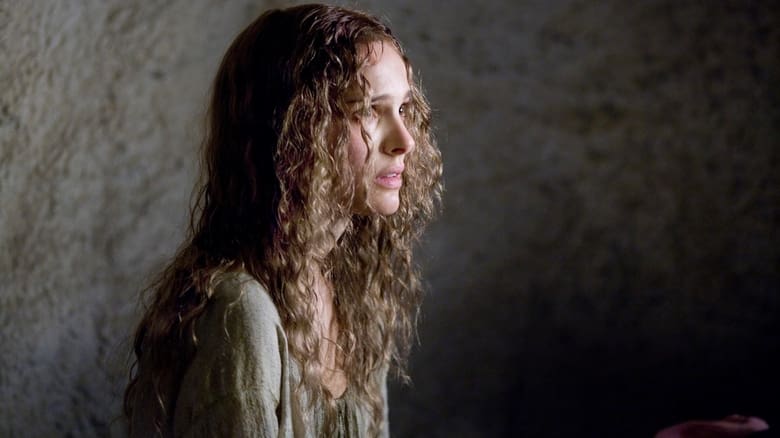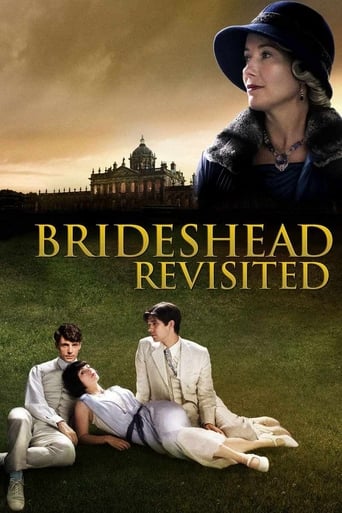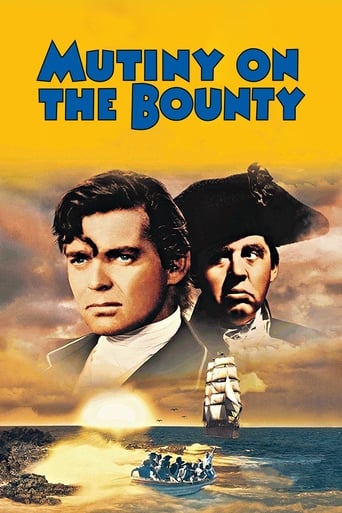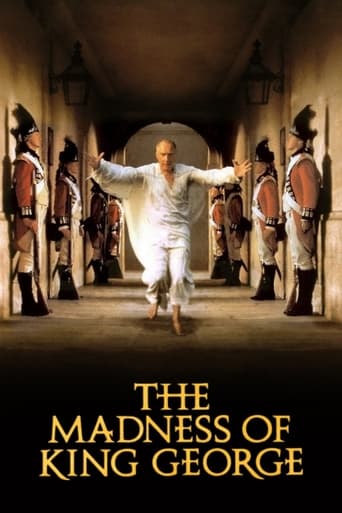Goya's Ghosts (2007)
Painter Francisco Goya becomes involved with the Spanish Inquisition after his muse, Inés, is arrested by the church for heresy. Her family turns to him, hoping that his connection with fanatical Inquisitor Lorenzo, whom he is painting, can secure her release.
Watch Trailer
Cast
Similar titles
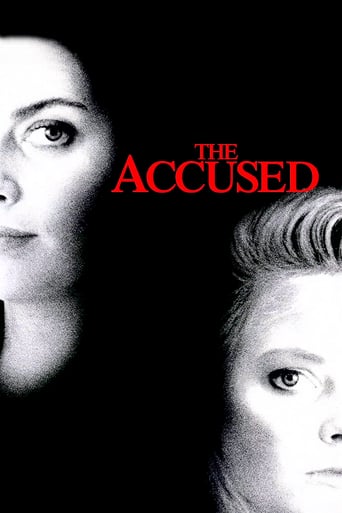


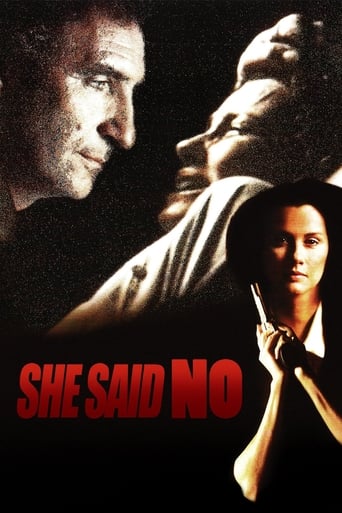
Reviews
Must See Movie...
A terrific literary drama and character piece that shows how the process of creating art can be seen differently by those doing it and those looking at it from the outside.
It’s fine. It's literally the definition of a fine movie. You’ve seen it before, you know every beat and outcome before the characters even do. Only question is how much escapism you’re looking for.
Great example of an old-fashioned, pure-at-heart escapist event movie that doesn't pretend to be anything that it's not and has boat loads of fun being its own ludicrous self.
A rapist and his victim reunite in turbulent times. All the while a great painter keeps his eye on them.Wildly misconceived story. The painter character has his part early on, but becomes entirely unnecessary to the story, and it's obvious the writers got up to all sorts of shoe-horning.There's plenty of pleasure in the performances, although the guy playing Goya is all at sea in a really messy role. The characters are simple, and I suppose the mood of the story finds its proper level with the bleak 1960s style mockery in the restoration/execution scene at the end.There are a few stabs at humour, but the deaf-signing clown is really unfunny and eye-rollingly uncinematic. Music all over the place too.Overall, it feels like something forced together by committee. But there were only two members, director and his fellow screenwriter. Weird.
Goya's Ghosts (2006)I'm not sure why they felt they had to pivot this fictional story around a real painter, the great tormented Francisco Goya. Because the main story is completely fictional, about a young woman (Portman) and a priest (Bardem) and their interactions. And about the torture and imprisonment so common in Spain at the time. The conflict between the secular and the sacred, and between clergy and royalty, is part of the social and political intrigue the tries to light up the film.But Goya really has nothing to do with all this, and even his character is a kind of guide or unifying thread through a lot of disturbing and meandering up and down events. What Goya does provide, I think, is a kind of realistic gruesomeness behind it all. That's a key part of his work, and perhaps it inspired the filmmakers. The time (late 1700s to early 1800s) was physically rough, and life was cheap, to be sure. The effects of torture and war are everywhere in Goya's work, and thus in this disappointing movie.The plot, as such, is really a series of conflicts between these spheres of power and it doesn't suck you in for the long haul. What it does do well is create individual moments, with both terrific set design and with horrid grotesqueness. This might not be your cup of tea when it has no protagonist to quite get in with. Certainly among the three main characters, the young woman arouses purely pity (she is used, tortured, raped, and left to rot) and the priest arouses curiosity (at his changing politics and beliefs, his contradictory impulses). These kinds of stereotypes are not awful clichés, the movie doesn't sink to parody, but themes like this have been woven together better elsewhere. You get a sense the director, Milos Forman, was aiming for another "Amadeus," his masterpiece set around the same time, with its humanizing of famous figures and with the intrigues of power. But the writing here, partly by Forman, is daily bread stuff, nothing as inventive and ingenious as Peter Shaffer's play used for Mozart's story.It should be said that Portman also plays another part, that of the illegitimate daughter of her first character, and of course she looks rather like her mom. Which of course makes the priest have a restrained frenzy--how lucky, he grows twenty years older and the woman of his dreams is reborn. It's a movie-making conceit, a fun one out of place here, though nice of Portman to show off her malleability.The third character? Yes, our tour guide, Goya himself? The actor, Swedish star Stellan Starsgard, plays a bit of the everyman, not quite as focused and intense as you might suppose the real Goya to be. But who knows? What we do see of him has nothing to do with his actual life or work. Even the paintings he paints are just Goyaesque portraits of the other two characters. Great for some Hollywood memorabilia auction some day! In the end this lands somewhere between thrilling, sensationalist, and awkward. But beautifully awkward.
Not great but beautiful. A story of a time. Delicate hush. Nostalgic and dramatic. A painter as axis. A priest as pray. And a young lady for who an error was damnation. A child, a revolution and some paintings in a old-new Spain. A fairy tale in a very lost room. And nostalgic air. A film of nuances who eats colors. About ghosts of every soul. About love and its forms in the waters of fear. About games and expectations., About a world, cruel, fake but interesting. A shadows collection. Small gestures and tasty words. A duel, very intelligent duel Javier Bardem - Stellan Starsgard. Emotions and images. And Milos Forman as director. Must see! As small remember and talk with ordinaries ghosts of your, Goya or a woman with child.
An interesting film; good portrayal of Spanish Goya and his artistic work and genius. The credit at the end of the film does a superb job of showcasing some of his paintings with closeups. Two of my favorite artists -- Bardem & Portman -- are in this film and they are great as usual. good example of reversal of fortune caused by historical events -- the evil powerhouse of the Spanish inquisition falls apart by napoleon's attack on Spain and then they gain their power and influence when the English roll in.The film is also a great reminder for me of why I despise religion so much, in particular the theistic religions (Judaism, Christianty, and Islam). Probably more people in the history of humanity have suffered because of these religions than anything else. Much has been written on this topic elsewhere, such as Christopher Hitchens' "God is not Great: How Religion Poisons Everything".On the negatives: I didn't really like Portman playing both herself and her daughter! It seemed strange. Also her makeup after she's released from the prison is overdone. As others have pointed out, there are also inconsistencies in the English accents of Spanish speaking artists such as Bardem vs English speaking ones like Portman.
